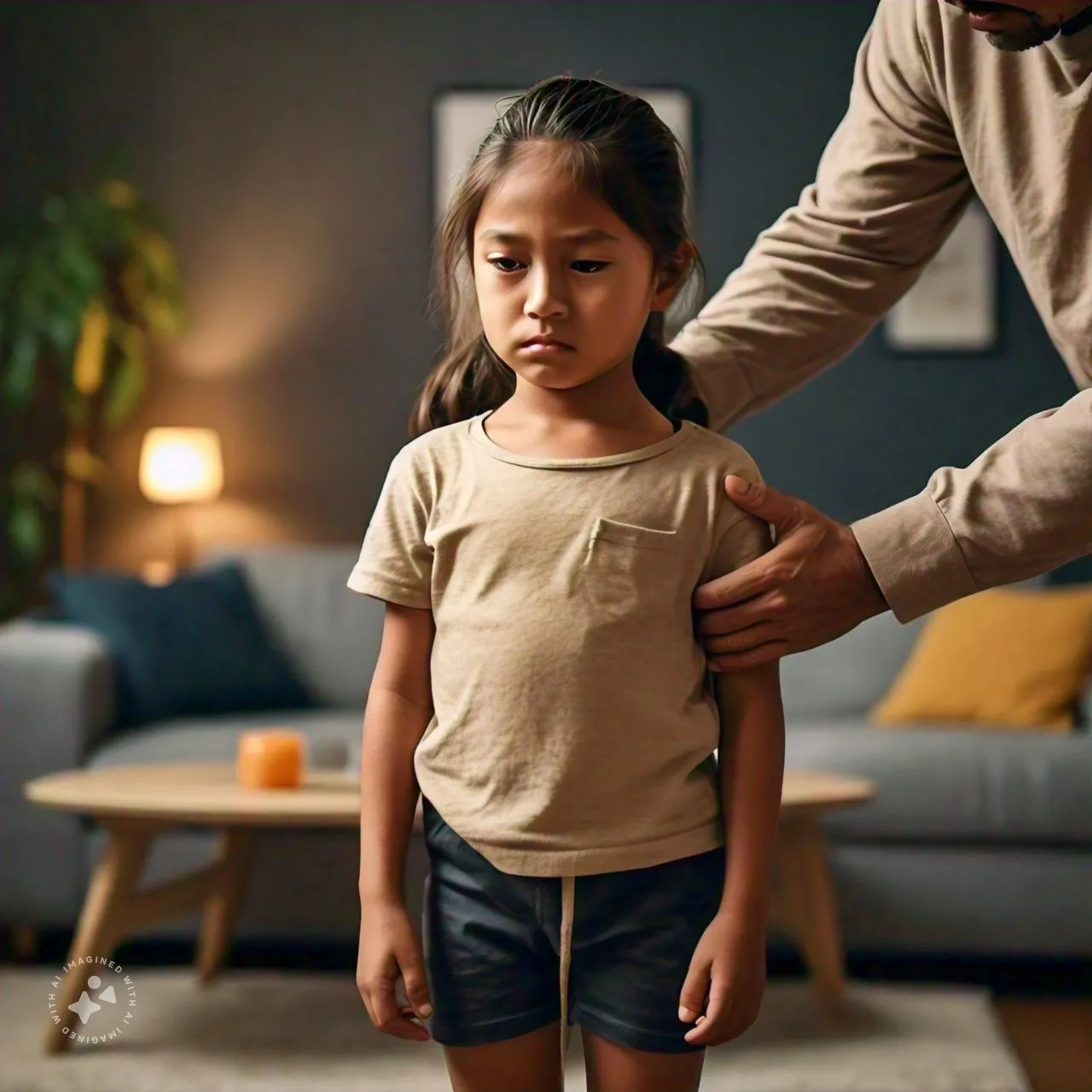
Overtime, i have realised that correcting a child is not an easy job, and the debate over whether to use physical punishment or just words is one that has been around for long now. Honestly, I don’t think there’s one right way to discipline a child. Each child is different, with their own quirks, personality, and way of understanding things, so I think the best approach is to truly understand the child and find a balance that works.
Growing up, I noticed something interesting about kids (including myself) — a lot of the time, we do things we know are wrong. It’s not always because we want to be disobedient, but sometimes we’re just curious. We want to push the boundaries and see what will happen, after we have done that particular thing almost like we are experimenting. Part of being a kid is figuring out the world around you, but that also means sometimes making the wrong choices. And that’s where our parents or guardians come in to guide us and put us back on track, usually with some form of discipline.
Now, physical punishment like beating a child or subjecting them to punishment definitely has its place, and it can work in certain situations. Sometimes, it’s the immediate thing that children needs to understand the seriousness of their actions. But then in some cases, physical punishment can go too far and have the opposite effect. When a child faces harsh or frequent physical punishment, they might start to withdraw or even fear their parents. This can make them feel less likely to open up about what they’re feeling or share any issues they might be facing, which just creates more problems down the line. I know kids who got beaten regularly and still went back to the same act — almost like the punishment hardened them rather than correct them.
When I think back to my own childhood, I remember the times where my parents corrected me with words. When they sat me down and talked to me about why my actions were wrong, and in those times it often hit me harder than any punishment could. Those talks made me stop and think, helping me understand the consequences of my actions and why certain behaviors weren’t okay. But I won’t lie, there were times when I didn’t take those talks seriously. Sometimes, I’d think, “Well, Mom just going to talk to me again, and that’s it” Without any real consequence, I could just let go of the things i was told and go back to doing the same thing, which is where the limits of verbal correction come in.
Nowadays, things are even more different. Kids today are growing up in a different world, and a lot of them are more sensitive or more in tune with their emotions and physical punishment can sometimes have a harsher impact on them, and it can lead them to view their parents as “the bad guys” or feel misunderstood.
If that happens, it’s easy for them to start keeping a distance, and they can start seeing their parents as people who “just don’t get it.” and once that trust is lost, it’s harder to guide them in the right direction.
So in the end, I think the best way to correct a child is to find a personalized approach. For some kids, talking to them with words of the mouth can be enough to make them think twice but for others, they might need a more tangible consequence to understand the seriousness of what they did. I believe consistency is key — kids need to see that their actions have real outcomes and that boundaries are in place for a reason. This doesn’t mean every little mistake deserves a punishment, but a child should still know there are limits, and those limits are there for a reason.
image is from Meta Ai